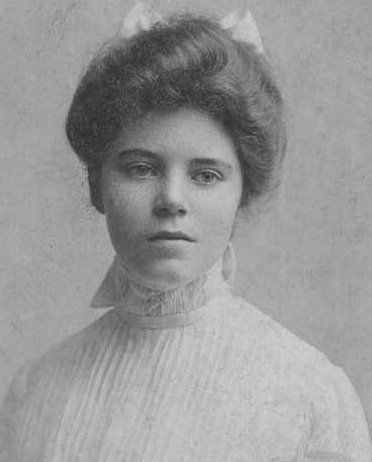On 19 July 1946 the United States Senate rejected a proposed amendment to the Constitution on equal rights for men and women by 38 votes to 35.
The first version of the amendment was written by feminists Alice Paul and Crystal Eastman in December 1923. Already in 1921 the National Women’s Party of the United States had announced plans to include it in the Constitution. The text of the proposed amendment read:
Section 1. No political, civil, or legal disabilities or inequalities on account of sex or on account of marriage, unless applying equally to both sexes, shall exist within the United States or any territory subject to the jurisdiction thereof.
Section 2. Congress shall have power to enforce this article by appropriate legislation
In the 1940s, opponents of the amendment proposed their own version: “no distinctions on the basis of sex shall be made except such as are reasonably justified by differences in physical structure, biological differences, or social function”. However, it was immediately rejected. Notably, among the critics and opponents of the amendment was the Women’s Joint Congressional Committee, which included the Women's Trade Union League and the National Consumers League. The amendment was criticised both from the right and the left: some believed that women wanted too much, while others claimed that the newfound rights and opportunities would separate women from families, resulting in their general involvement in politics. Furthermore, conservative women’s organisations feared that it could deprive women of alimony, Social Security and obligate them to serve in the Army.
On 10 August 1970, Congresswoman Martha Griffiths of Michigan suggested the amendment for consideration again. The Congress adopted the amendment on 12 October 1971 by 354 votes to 24, and the Senate followed suit, approving it on 22 March 1972.
The ratification of the Twenty-Eighth Amendment by several US states is still the subject of fierce legal battles.
Source: Lee, Rex E. (1980). A Lawyer Looks at the Equal Rights Amendment. Provo, UT: Brigham Young University Press.
























